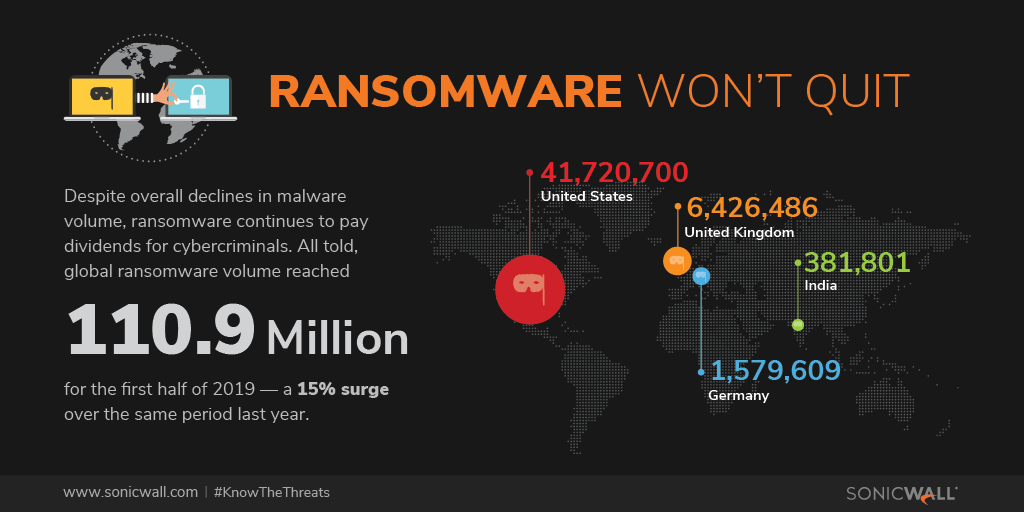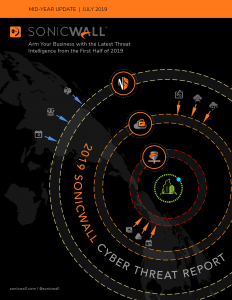Ransomware Infects 23 Texas Government Agencies

The Texas Department of Information Resources (DIR) announced that 20-plus state agencies have been infected by ransomware.
In an Aug. 17 update, DIR stated that “the evidence gathered indicates the attacks came from one single threat actor” and “investigations into the origin of this attack are ongoing; however, response and recovery are the priority at this time.”
“Ransomware is not going to subside anytime soon,” said SonicWall President and CEO Bill Conner. “It’s too easy to demand and receive ransom payment without the risks associated with traditional data exfiltration. Until organizations are serious about ransomware protection, these types of wide-reaching ransomware attacks will, unfortunately, continue.”
According to ZDnet, the “infection is blamed on strain of ransomware known only as the .JSE ransomware."
Texas is hardly the first state to be the victim of coordinated attacks against municipalities. The last 12 months have seen ransomware attacks bring city services to a halt, including those in Arizona, Florida, Georgia, Indiana, Maryland, Nevada, New York and more.
Ransomware escalates again
Ransomware continues to be one of the most lucrative cyberattack options for criminals. According to the mid-year update of the 2019 SonicWall Cyber Threat Report, ransomware volume raced to 110.9 million in the first half of 2019 — 15% year-to-date increase over 2018.

Exclusive SonicWall data highlights an escalation in ransomware-as-a-service (RaaS) and open-source malware kits in the first half of 2019. As more RaaS and open-source options are available, the volume and ferocity of ransomware attacks will only increase.
RaaS is no different than any legitimate cloud-hosted service used by businesses every day. Instead of buying software, criminals subscribe to a service delivery model to reduce CapEx, always have the latest ransomware offerings, gain predictable pricing and receive support. While there are only so many bona fide malware authors creating new ransomware, these services will ensure cybercriminals have plenty of variants to purchase or obtain freely on the Dark Web.
Share This Article

An Article By
An Article By
SonicWall Staff
SonicWall Staff
